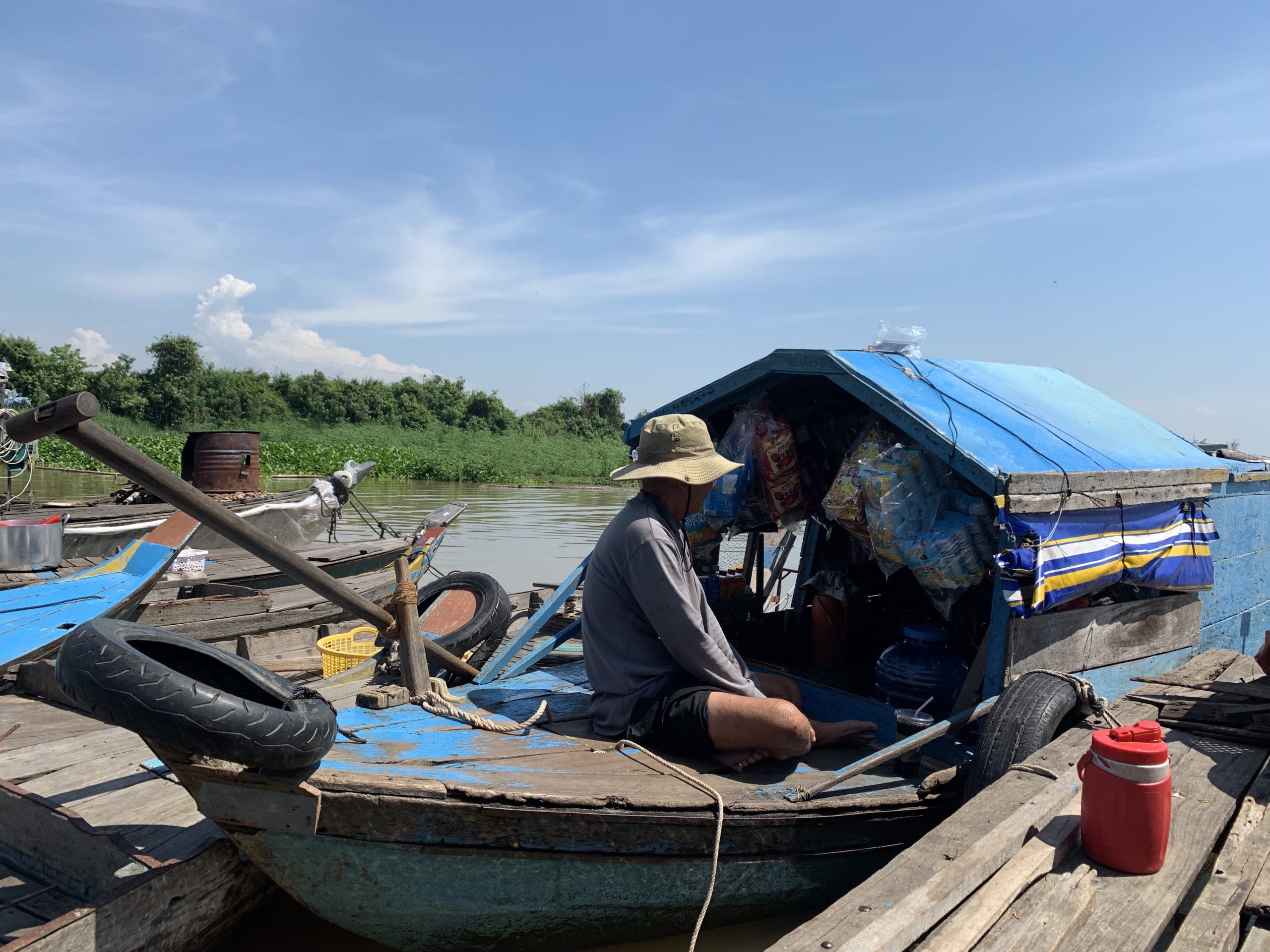1. Citizenship Law
a. Jus Sanguinis and Jus Soli Provisions
National legislation on citizenship in Turkmenistan includes both jus soli and jus sanguinis provisions.
Article 4(5) of the Law of Turkmenistan on the Citizenship of Turkmenistan enacted in 2013 specifically mentions that one of the principles which citizenship of Turkmenistan is based on is “prevention and reduction of statelessness”. Children born to two parents (or a single parent) who are citizens of Turkmenistan will be a citizen regardless of birthplace. If a child is born to one citizen parent and one stateless parent, missing parent, or unknown parent, the law provides that they will also be a citizen regardless of birthplace. For children born to one parent who is a citizen and one parent who is a foreigner, the child will be a citizen if born within the territory of Turkmenistan. If in the same case, the child was born outside of the territory, the child may still be eligible for citizenship if at least one parent is a habitual resident of Turkmenistan at the time of birth. In the same case, if neither of the child’s parents are habitual residents, a joint application must be filed by the parents for citizenship of the child. This provision, included in Article 11(1.5), further protects children in these circumstances by stating that if the child would otherwise be stateless, they will be granted citizenship of Turkmenistan.
Stateless persons are defined in Article 8 of the ‑ as “persons who are not citizens of Turkmenistan and who have no proof of possessing the citizenship of any foreign state”. This definition does not align with international standards as it places the burden of proof on stateless persons, who often do not have and are unable to obtain documentation proving absence of nationality elsewhere.
b. Naturalized Citizenship
Any “capable person” who is 18 years of age or older is eligible to apply for Turkmen citizenship as stipulated in Article 12 of the Law on Citizenship. To do so, the individual must abide by the Constitution and laws of Turkmenistan, be able to communicate in the official language, be a habitual resident in the territory for five years, and have a legal source of income. Habitual residency is accepted as long as the individual has not left the country for longer than a three month period in one year.
A shortened period of habitual residence is accepted for Turkmen people and their descendents, former citizens of the USSR, those with outstanding achievements, persons granted asylum, and refugees, among others. This notably does not include stateless persons. Article 32 of the 1954 Convention relating to the Status of Stateless Persons provides that such a process should be expedited for stateless persons to “reduce as far as possible the charges and costs of such proceedings”.
| Country | Stateless 1 | Stateless 2 | Refugee | ICCPR | ICESCR | ICERD | CRC | CEDAW |
|---|---|---|---|---|---|---|---|---|
| Turkmenistan |
c. Dual Citizenship
Provisions regarding dual citizenship are included in Article 5 of the Law. Article 5(2) states that dual citizenship is not recognized, and that a citizen of Turkmenistan who holds the nationality of another state “shall be regarded exceptionally as a citizen of Turkmenistan”. The Law does not provide provisions on the process of renunciation of previous citizenship of a different state when applying for Turkmen citizenship.
2. Treaty Ratification Status
Article 3(2) of the Law of Turkmenistan on Citizenship of Turkmenistan states that “if an international treaty of Turkmenistan establishes rules that differ from those stipulated in the present Law, the rules of the international treaty shall be applied.”
Turkmenistan is one of only three states in the entire Asia-Pacific region to achieve perfect treaty ratification status. Turkmenistan has ratified all international treaties pertaining to statelessness with no reservations and is the first and only country in Central Asia to have ratified the 1954 Convention relating to the Status of Stateless Persons and the 1961 Convention on the Reduction of Statelessness. The 1954 Convention includes protections of the rights to education, employment, housing, identity, travel documents, and administrative assistance. Adding to this, the 1961 Convention seeks to prevent and eventually end statelessness, including protections for the right to nationality for every person ensures proper legal safeguards in nationality laws to prevent statelessness. The 1961 Convention also protects children who would otherwise be stateless by ensuring their citizenship in their country of birth if they are not eligible for citizenship elsewhere.
In 2018, the CERD Committee in its concluding observations recommended that Turkmenistan improve its data collection and reporting of stateless persons and expedite the process of eliminating statelessness within its territory. Additionally, in 2018, the CEDAW Committee in its concluding observations noted the need for improving statistics on the stateless population and improving the statelessness determination procedure in Turkmenistan, particularly due to compounded marginalization of stateless women and girls.
As a party to the ICCPR, Turkmenistan is bound to protect freedom of movement. Reports that the Turkmenistan government has been requesting citizens to give up their passports and hault applications for passports, the main citizenship certifying document in Turkmenistan, are in direct violation of its obligations to the ICCPR.



